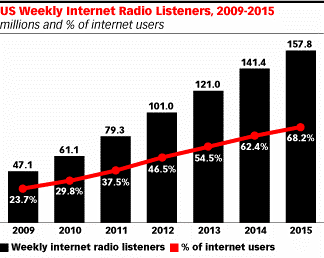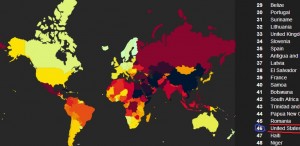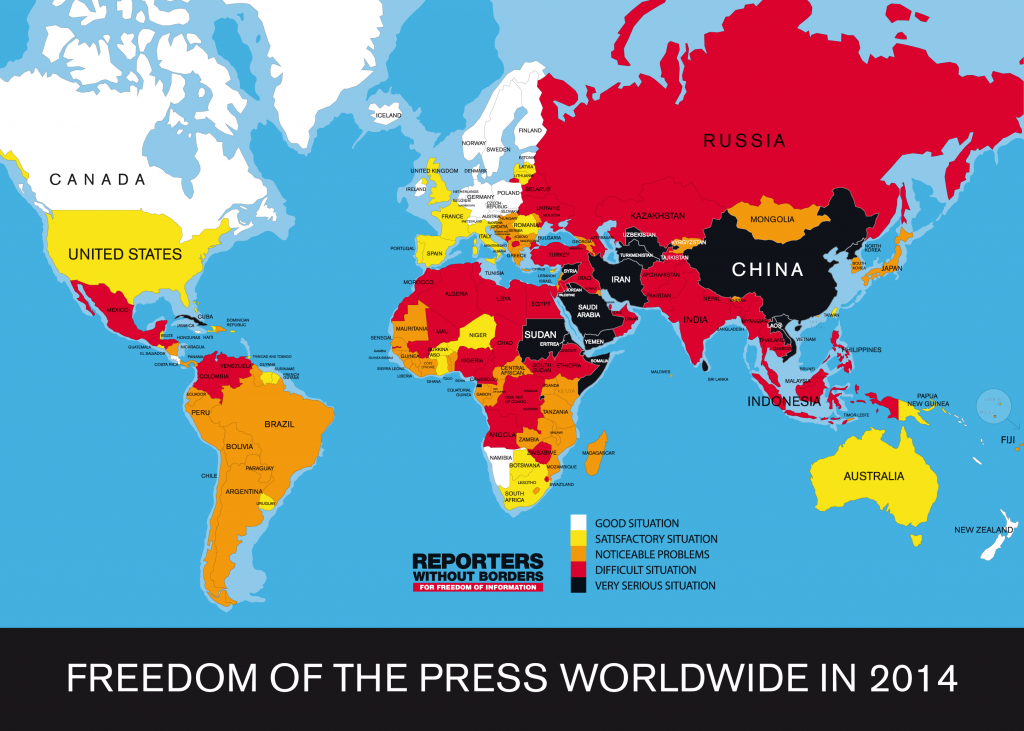Vox Media leads the way in the future of journalism. It’s interactive, colorful, exciting, and deviates from an older news culture. I really like its “cards” feature in particular. Here’s why:
It’s touted that journalists write at a middle school level so people can read and understand a story. It’s good that we can read, but can we comprehend the depth behind what’s said if there’s a complicated concept like the healthcare mandate? What makes it significant? Would an average reader really know about it? Sounds like it’d be fuzzy to a fifth grader.
The “cards” give you more information right on the spot. As I’ve learned in all my journalism classes, context is the key to true understanding. To offer the extra background information that doesn’t bludgeon you is good journalism and that’s exactly what the world needs. An informed public is a powerful public.
You may be the expert on your subject, but most people aren’t (and that’s okay). I’m not an expert on the Ukrainian crisis for instance. Vox cards put the current conflict into perspective and answered questions about things like what Putin’s trying to accomplish in the annexation of Crimea. Interesting stuff.
It’s good for the site too. If you have the information readily available, but optional, then I’ll gladly stay on the site. This convenience reduces competition and keeps users from straying.
This will not go unnoticed. People like quality and flock to it. Journalists like seeing their work noticed and applied, so that breeds loyalty too. As someone working for the Stony Brook Independent, it broke my heart to exclude other information I gathered on a simple food pantry story.
In short, Vox really has the right “cards” for good journalism. I won’t be surprised when they see happy journalists and higher ad revenue.





